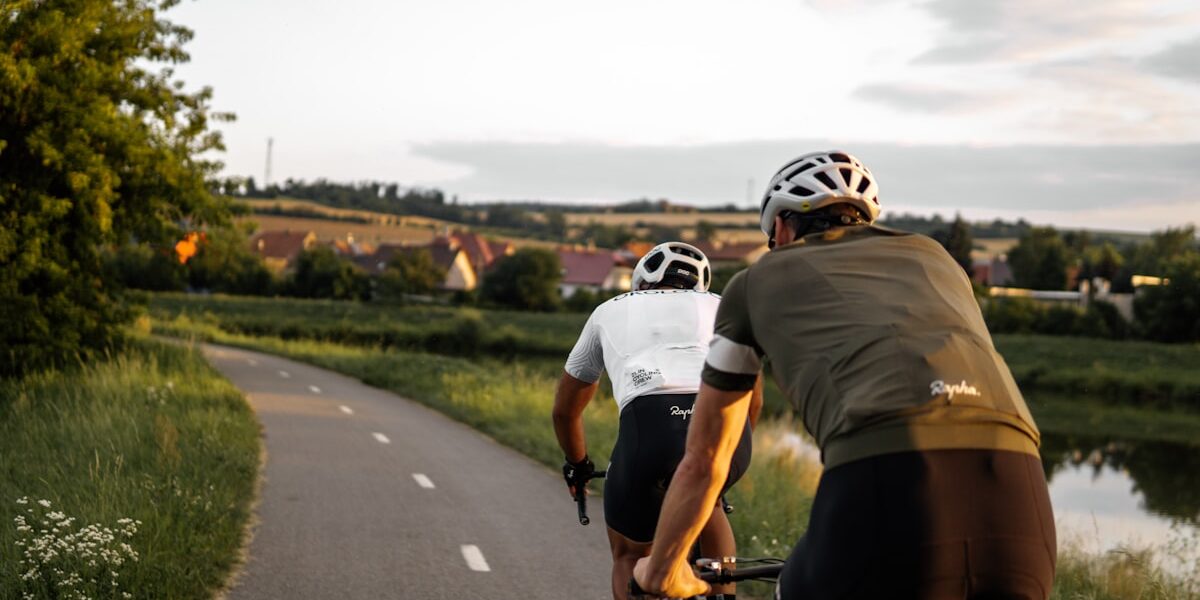Watching the Tour de France on Peacock has gotten complicated with all the subscription tiers and coverage schedules flying around. As someone who’s navigated NBC’s cycling coverage for years, I learned everything there is to know about how to actually watch the race in the U.S. Today, I will share it all with you.

That’s what makes Tour viewing endearing to us cycling-obsessed fans — figuring out the broadcasting maze every July.
The Peacock Setup
Probably should have led with this section, honestly — Peacock has become the primary U.S. destination for Tour de France coverage.
NBC moved most cycling coverage to Peacock, their streaming platform. You’ll need a Peacock Premium subscription to access full stage coverage. The interface takes some getting used to, but once you find the cycling section, coverage is comprehensive.
What Coverage Includes
But what do you actually get? In essence, live stages and replays. But it’s much more than that.
Live coverage of every stage, often with multiple commentary options. On-demand replays for stages you miss. Highlight packages for when you don’t have time for full stages. Some shoulder content with pre-race and post-race analysis.
Broadcast Schedule Reality
Tour stages typically start in morning hours European time, meaning early morning in the U.S. (often 6-8 AM Eastern). Finishes happen mid-day European time, so late morning/early afternoon in the U.S.
I’m apparently in the camp that records stages and watches later to avoid spoilers. Live viewing means early mornings or rearranging your schedule. Replays are available same-day if you prefer watching at your convenience.
Alternative Options
Frustrated by Peacock’s interface initially, I explored alternatives. FuboTV carries NBC channels if you prefer traditional streaming bundles. YouTube TV and Sling TV also provide access. GCN+ (now part of Max in some regions) offers international coverage with different commentary.
The Race Itself
The Tour de France runs approximately 3,500 kilometers over 21 stages plus rest days. It spans about three weeks every July. Stage types include flat stages (sprinter territory), mountain stages (climber territory), and time trials (individual effort against the clock).
Jerseys to Watch
- Yellow (Maillot Jaune): Overall leader by cumulative time.
- Green (Maillot Vert): Points leader, usually the top sprinter.
- Polka dot (Maillot à Pois): King of the Mountains, best climber.
- White (Maillot Blanc): Best young rider (under 26).
Making the Call
Peacock Premium is the straightforward option for U.S. viewers. Subscribe before the race starts, watch as much as you want, cancel after if you don’t need it year-round. The coverage is solid once you navigate to it.
If you’re already paying for a streaming bundle with NBC, check what access you have. Multiple pathways exist to the same coverage.



